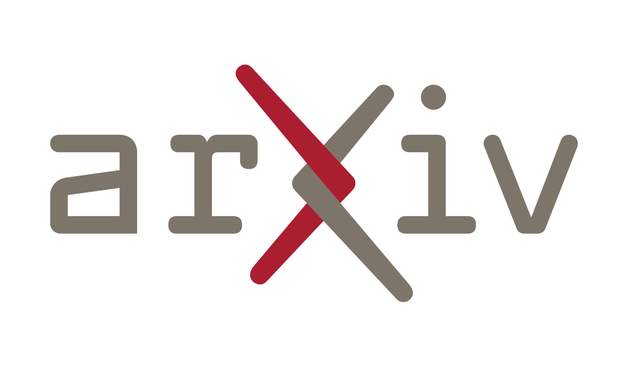Вполне полноценно через #LUKS — рабочее решение, без дырок от вендоров для криминалистов (#forensics).
Т.е. получается комп на #Linux с файловой системой #btrfs на «жёстком диске» с LUKSv2 для шифрования. Годно и для игр и для нескольких лет работы.
Именно вторая версия LUKS ради другой #PBKDF — обработке вводимого пароля через #argon2id в рамках #PBKDF2 для извлечения ключа шифрования из заголовка раздела на «диске».
Суеверные люди предпочитают молчать о том, как работают их сложные и навороченные системы. Однако, когда прошло несколько лет эксплуатации, то можно просто констатировать как свершившийся факт качество работы системы.
Ноутбуки иногда теряются или крадутся, а из десктопов не всегда удаётся извлечь носитель («диск»). Оперативно-следственные службы не всегда добросовестно опечатывают технику при изъятии и абы кто может докинуть на ваши носители данных непонятно какие материалы, перед тем как устройства поступят в «ЭКЦ МВД России».
И помните, что если следователь показывает распоряжение о проведении экспертизы содержимого ваших носителей данных. Требуя при этом предоставить пароль, то знать о наличии пароля он как бы и не должен. А может оказаться в курсе лишь в том случае, если на этом постановлении имеется отметка от ЭКЦ о приёме на экспертизу ваших устройств.
А если же такой отметки нету, то значит следак в курсе неудачной попытки что-то эдакое подкинуть на ваши носители данных. Т.е. устройства ваши находятся всё ещё у него в закромах, а не были переданы в ЭКЦ. И если выдать пароль, то неизвестно что нового появится на них перед отправкой в ЭКЦ.
#cryptsetup #Argon2 #FDE #crypto #криптография #security #ИБ #infosec
